Tea leaves Britons cold
Trouble is brewing for tea sales, as we increasingly opt for coffee, herbal teas – and G&T
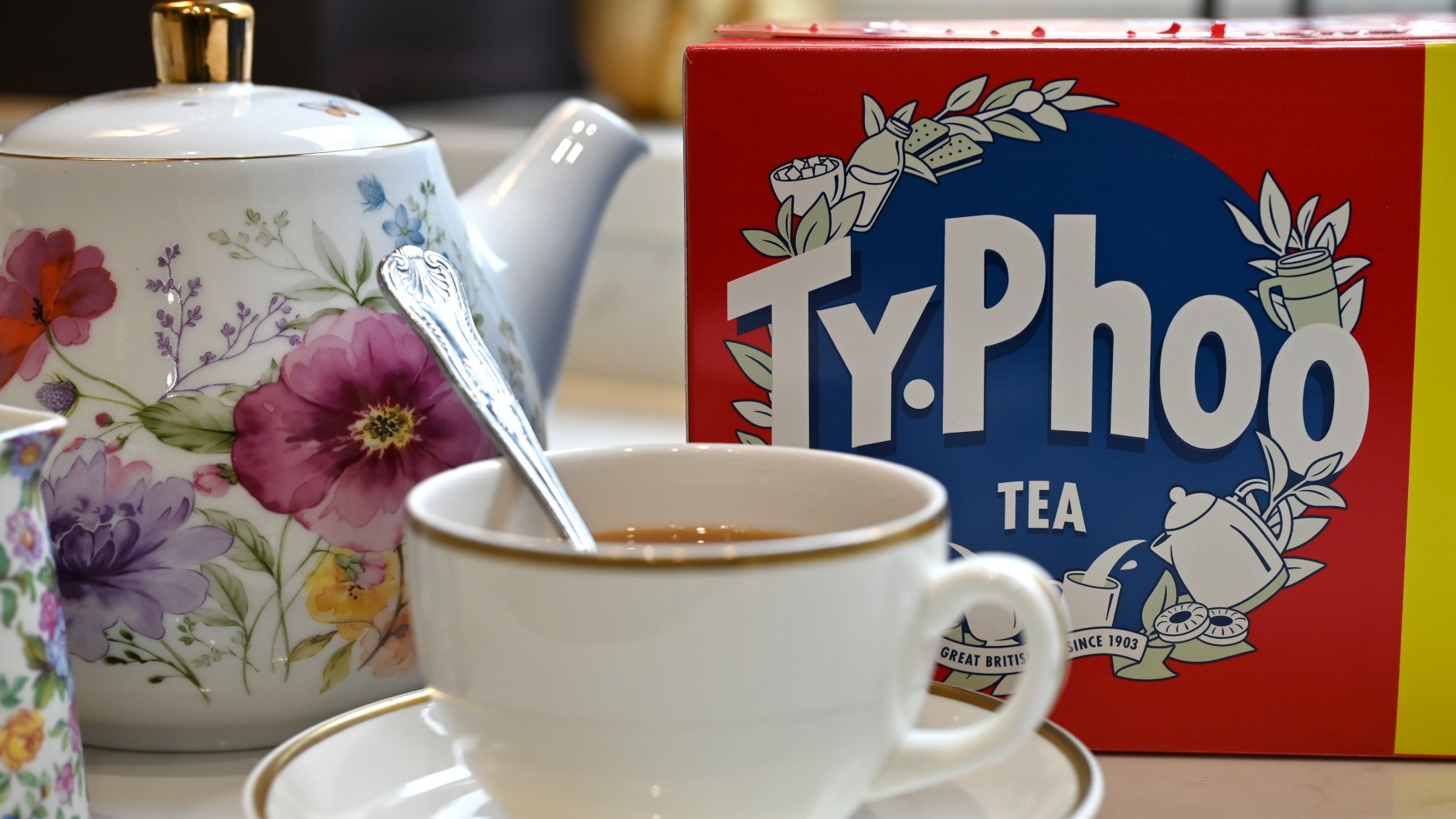
A free daily email with the biggest news stories of the day – and the best features from TheWeek.com
You are now subscribed
Your newsletter sign-up was successful
Tea and Britain are an "ingrained" pairing, like "Shakespeare and sonnets" or "the late Queen and corgis", wrote Hannah Twiggs in The Independent.
For centuries, the brew has been "Britain's greatest leveller". "Whether it's a builder's brew in a chipped mug or something posher served in fine china", a cup of tea is "ritual and identity all in one". But perhaps not for much longer: trouble is brewing.
'Love affair showing cracks'
Typhoo Tea, a "stalwart of kitchen cupboards since 1903", is reportedly "teetering on the brink of administration". It's hardly a surprise, said Twiggs: "Typhoo has been running on fumes for years, hit by dwindling sales, supermarket competition and, perhaps most dramatically, a £24m blow when trespassers ransacked its Merseyside factory in 2023". But it's a key sign that Britain's "love affair with tea, once fervent and unquestioned, is showing cracks".
The Week
Escape your echo chamber. Get the facts behind the news, plus analysis from multiple perspectives.

Sign up for The Week's Free Newsletters
From our morning news briefing to a weekly Good News Newsletter, get the best of The Week delivered directly to your inbox.
From our morning news briefing to a weekly Good News Newsletter, get the best of The Week delivered directly to your inbox.
Sales of everyday black tea, such as PG Tips and Yorkshire tea, are falling. Recent figures show that sales dropped 6% in 2022 to £341 million, meaning black-tea sales "fell behind sales of speciality teas, such as ginger, peppermint and camomile for the first time", said The Times.
In fact, tea has been knocked off the top spot as the nation's favourite drink – by another British staple: the gin and tonic. In a recent Mintel survey of more than 2,000 Brits, "44% said they would opt for G&T when meeting friends, whereas 41% would prefer a cuppa". The remaining 15% "were crippled by the enormity of the question and unable to choose".
'Turning our heads towards coffee'
Perhaps we are falling out of love with the cuppa because "like haircuts, petrol and Freddos, tea is getting more expensive", said Nell Frizzell on the i news site.
The average price for a pack of 80 teabags has gone up by 11% in just one year, according to the Office for National Statistics: up to £2.64 from £2.37. And the reason tea is becoming more costly is a grim one: "we, as a planet, are careering into ecological collapse", said Frizell. Tea-growing regions in East Africa, Southeast Asia and India are being "hit by flooding, heatwaves" and other extreme weather, "all of which have devastating effects on tea plantations".
A free daily email with the biggest news stories of the day – and the best features from TheWeek.com
But we've also been losing interest "in our so-called national drink" for some time. "We are now drinking about a quarter as much tea as we did in the 1970s", partly due to US and European culture "turning our heads towards coffee". That's unlikely to do much good for the environment either, by the way: coffee has "a much higher carbon footprint than tea".
In truth, the seeds of tea's decline were probably sown "several generations ago", said Howard Chua-Eoan for Bloomberg. During the Second World War, tea was rationed but "the government got the cheapest available and distributed it in an egalitarian manner". So, "a social ceiling for the price of tea" was set and, even after rationing ended, Britons "weren’t prepared to pay for pricier but better tea". Coffee may one day "lose its edge", and "a younger generation" could become "obsessed with tea connoisseurship – and the charm of that old crockery". But, said Chua-Eoan, "Don't lose any sleep over it."
Sorcha Bradley is a writer at The Week and a regular on “The Week Unwrapped” podcast. She worked at The Week magazine for a year and a half before taking up her current role with the digital team, where she mostly covers UK current affairs and politics. Before joining The Week, Sorcha worked at slow-news start-up Tortoise Media. She has also written for Sky News, The Sunday Times, the London Evening Standard and Grazia magazine, among other publications. She has a master’s in newspaper journalism from City, University of London, where she specialised in political journalism.
-
 ‘Poor time management isn’t just an inconvenience’
‘Poor time management isn’t just an inconvenience’Instant Opinion Opinion, comment and editorials of the day
-
 Bad Bunny’s Super Bowl: A win for unity
Bad Bunny’s Super Bowl: A win for unityFeature The global superstar's halftime show was a celebration for everyone to enjoy
-
 Book reviews: ‘Bonfire of the Murdochs’ and ‘The Typewriter and the Guillotine’
Book reviews: ‘Bonfire of the Murdochs’ and ‘The Typewriter and the Guillotine’Feature New insights into the Murdoch family’s turmoil and a renowned journalist’s time in pre-World War II Paris
-
 The year’s ‘it’ vegetable is a versatile, economical wonder
The year’s ‘it’ vegetable is a versatile, economical wonderthe week recommends How to think about thinking about cabbage
-
 Josh D’Amaro: the theme park guru taking over Disney
Josh D’Amaro: the theme park guru taking over DisneyIn the Spotlight D’Amaro has worked for the Mouse House for 27 years
-
 In Okinawa, experience the more tranquil side of Japan
In Okinawa, experience the more tranquil side of JapanThe Week Recommends Find serenity on land and in the sea
-
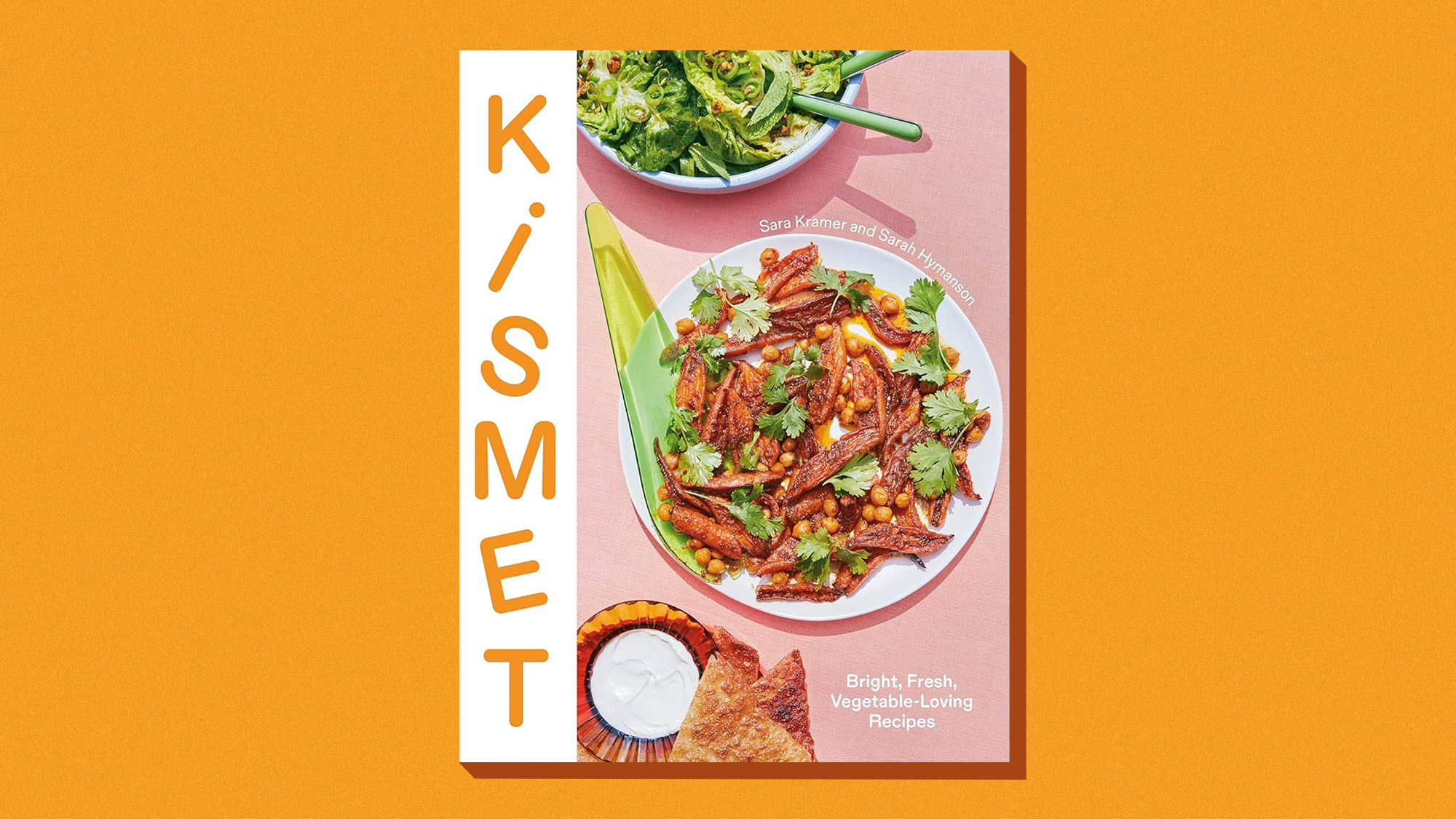 One great cookbook: Sara Kramer and Sarah Hymanson’s ‘Kismet: Bright, Fresh, Vegetable-Loving Recipes’
One great cookbook: Sara Kramer and Sarah Hymanson’s ‘Kismet: Bright, Fresh, Vegetable-Loving Recipes’the week recommends The beauty and wonder of great ingredients and smart cooking
-
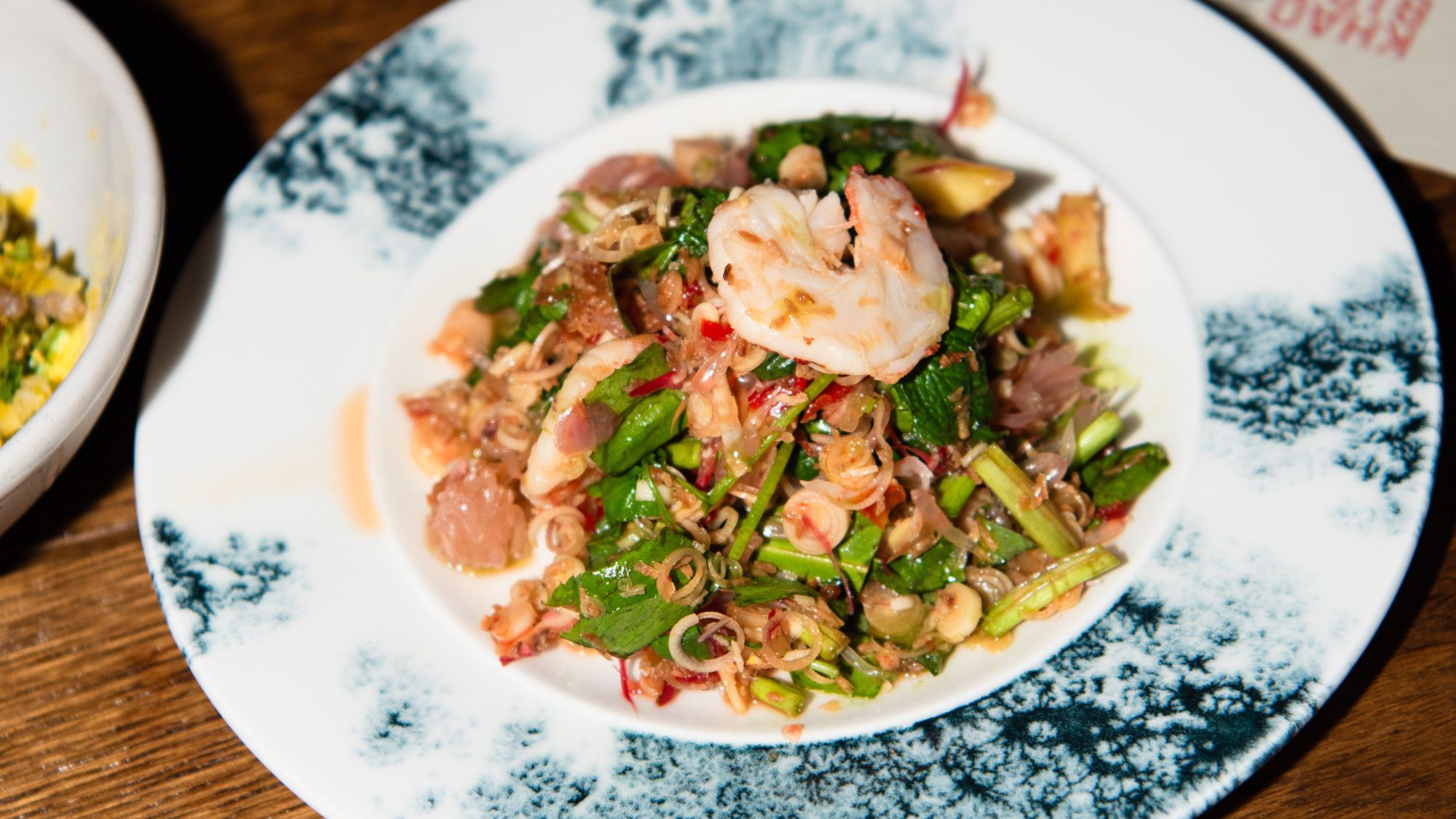 Luke Larsson’s prawn and pomelo salad
Luke Larsson’s prawn and pomelo saladThe Week Recommends Pomelo-sweetened prawns meet spicy dressing and herbs in a sharp Thai salad
-
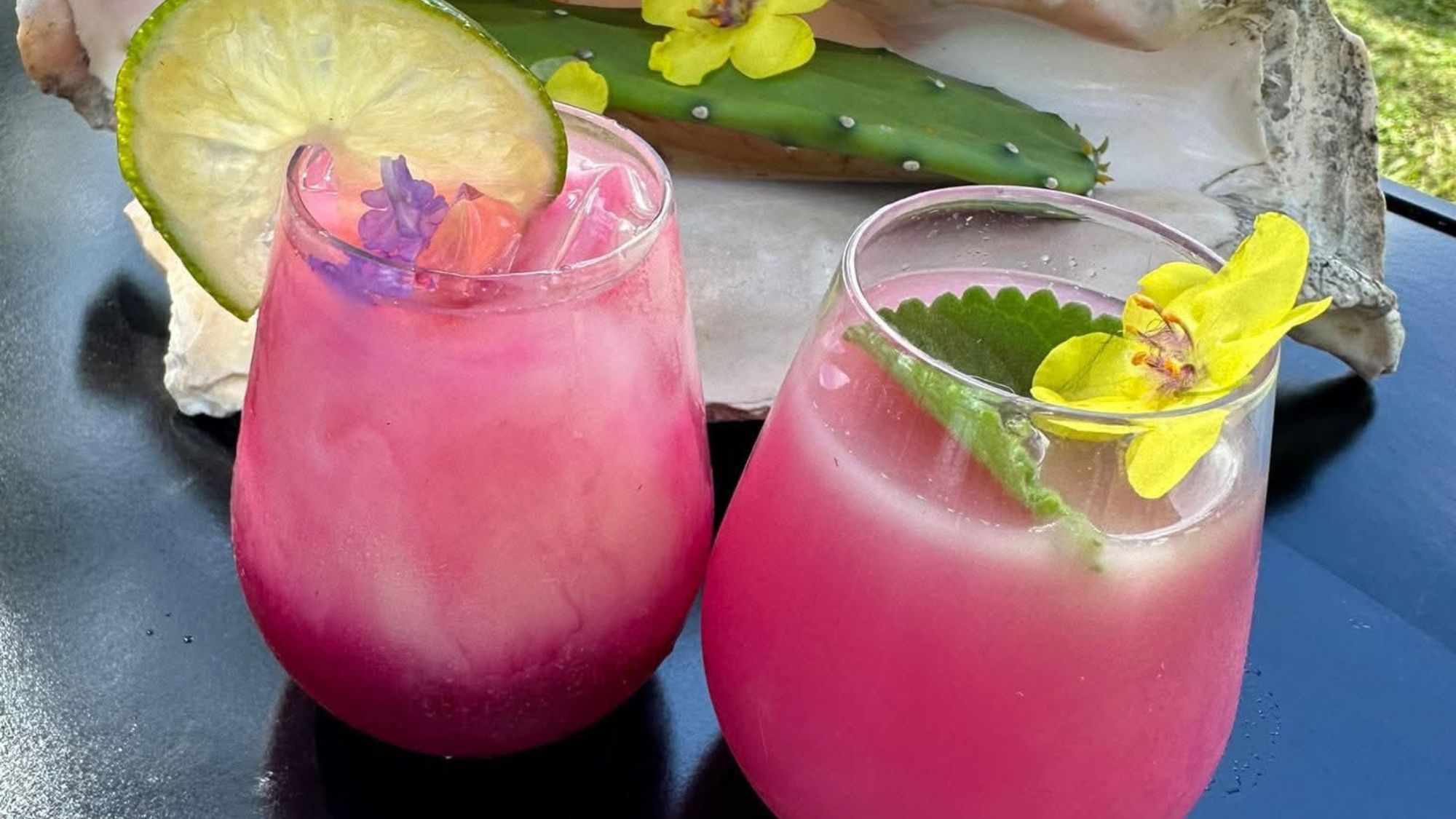 Doreen Williams-James’ prickly pear juice recipe
Doreen Williams-James’ prickly pear juice recipeThe Week Recommends Jewel-toned, natural juice is a thirst-quenching treat
-
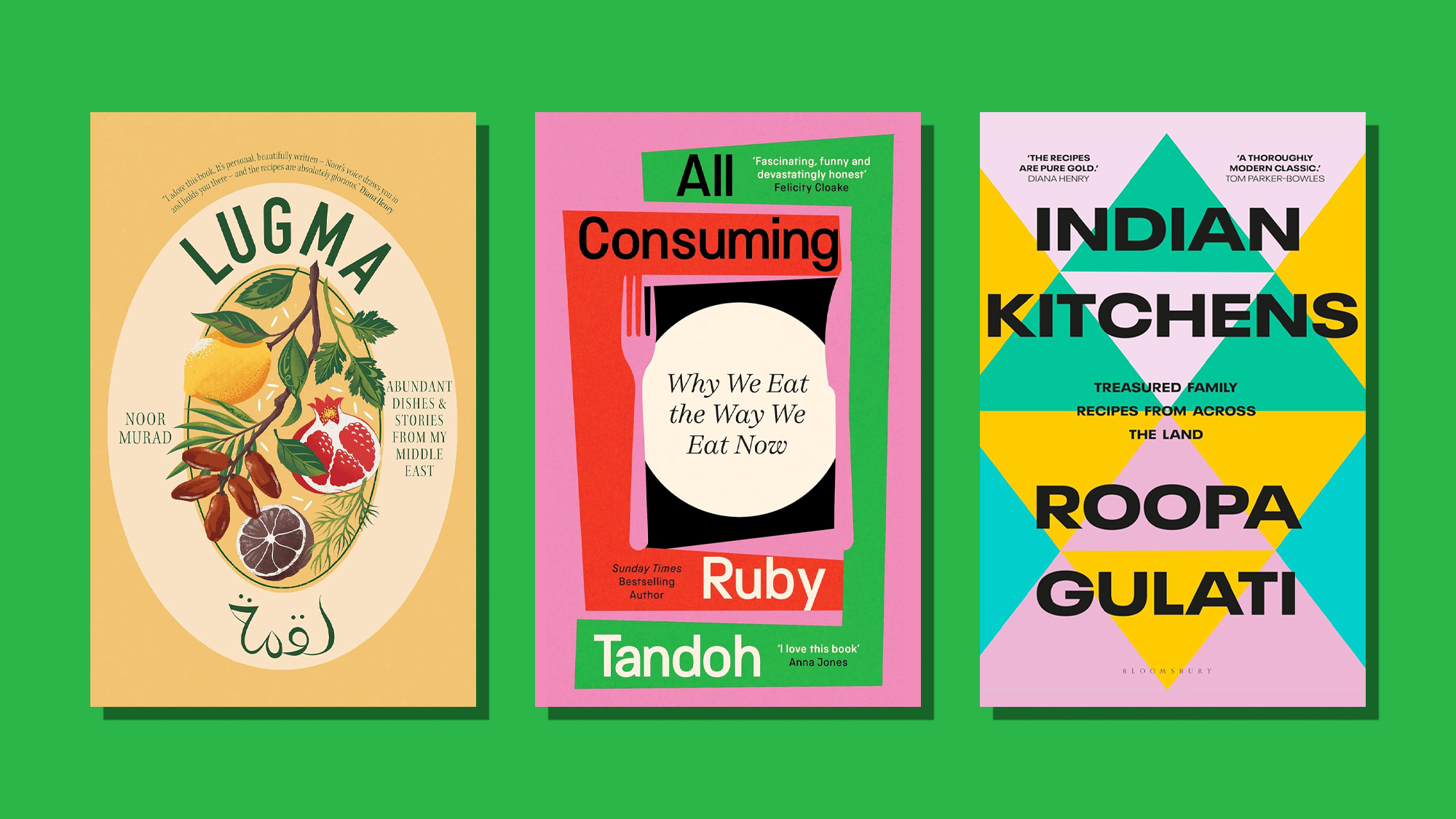 The best food books of 2025
The best food books of 2025The Week Recommends From mouthwatering recipes to insightful essays, these colourful books will both inspire and entertain
-
 8 restaurants that are exactly what you need this winter
8 restaurants that are exactly what you need this winterThe Week Recommends Old standards and exciting newcomers alike